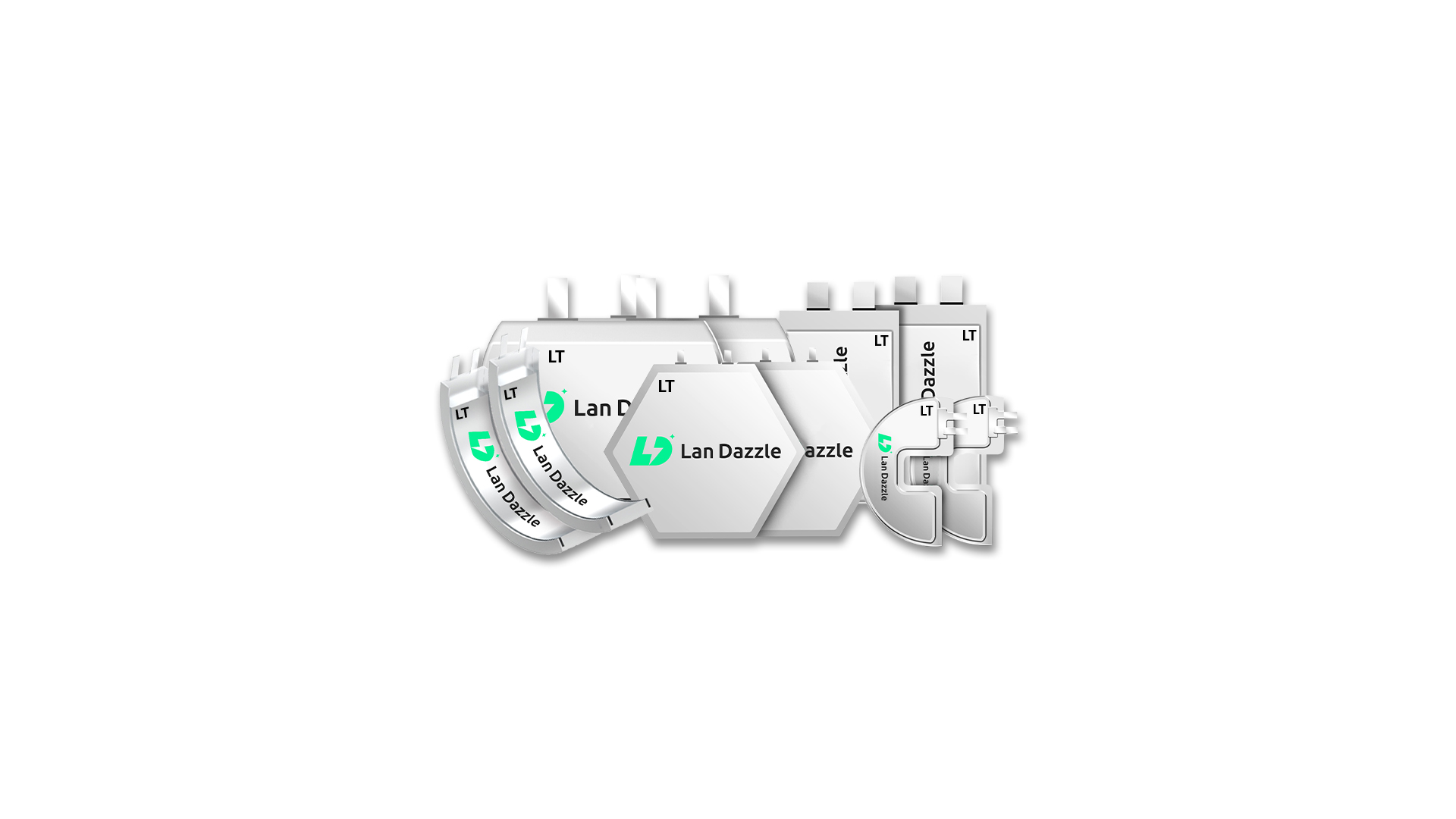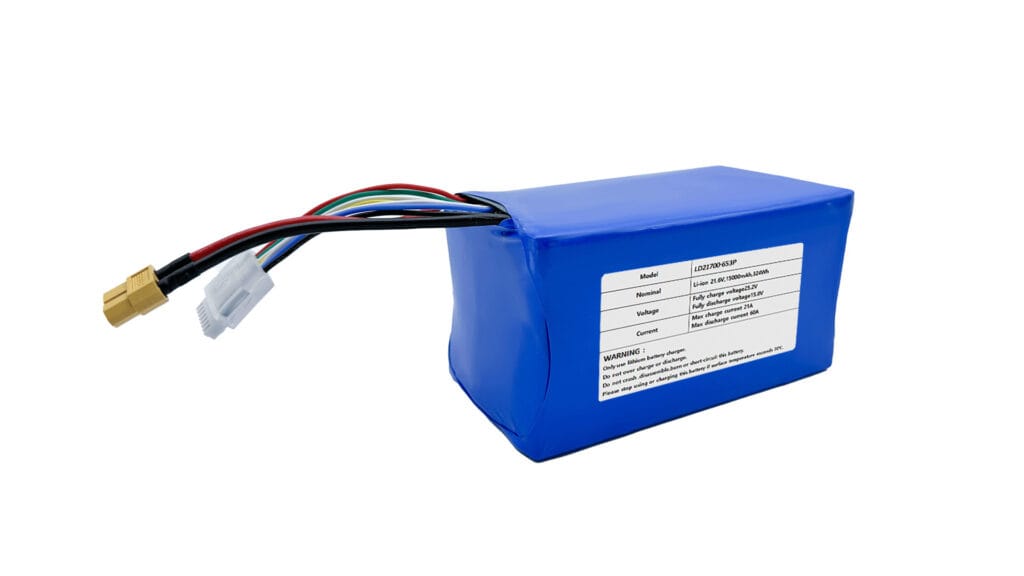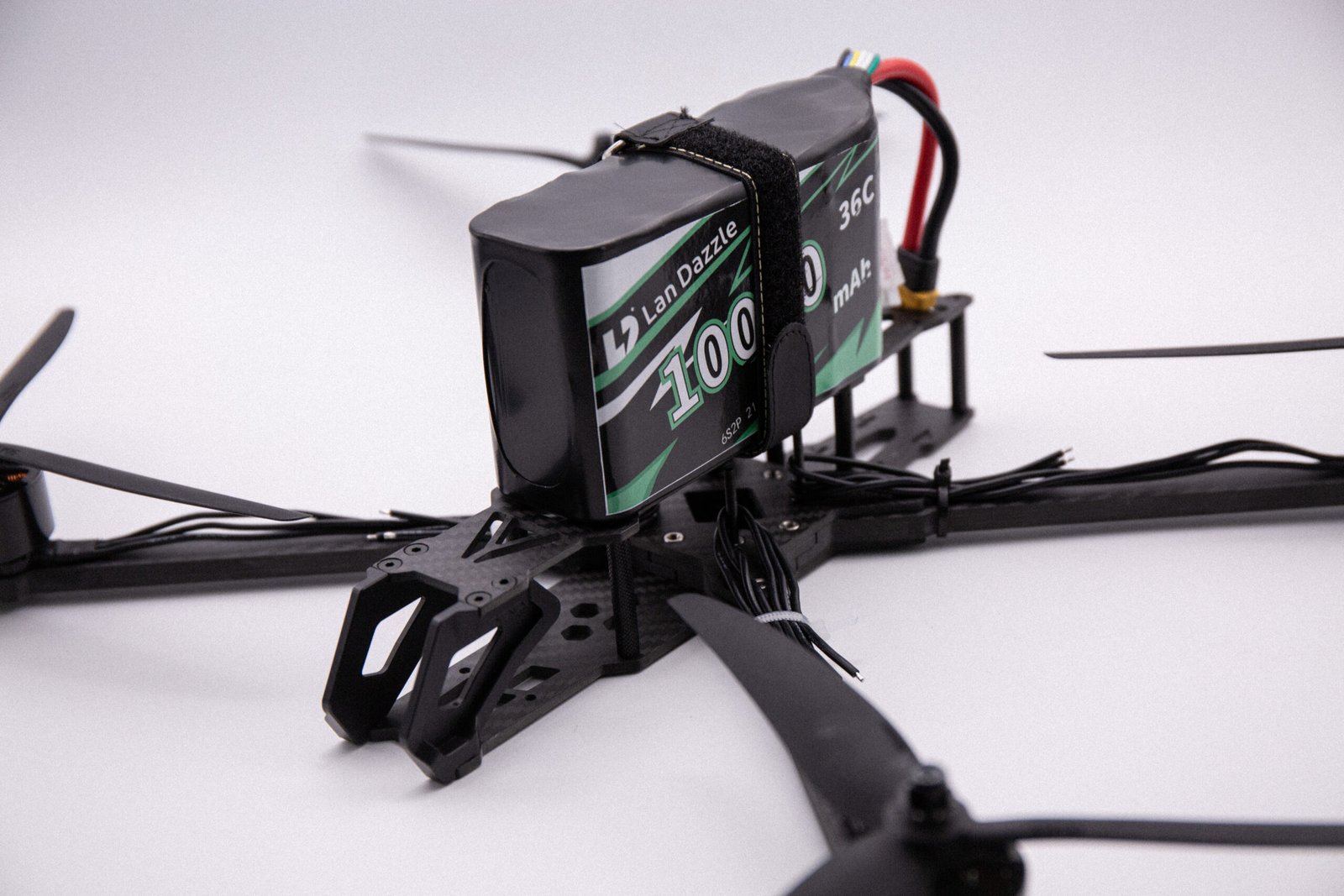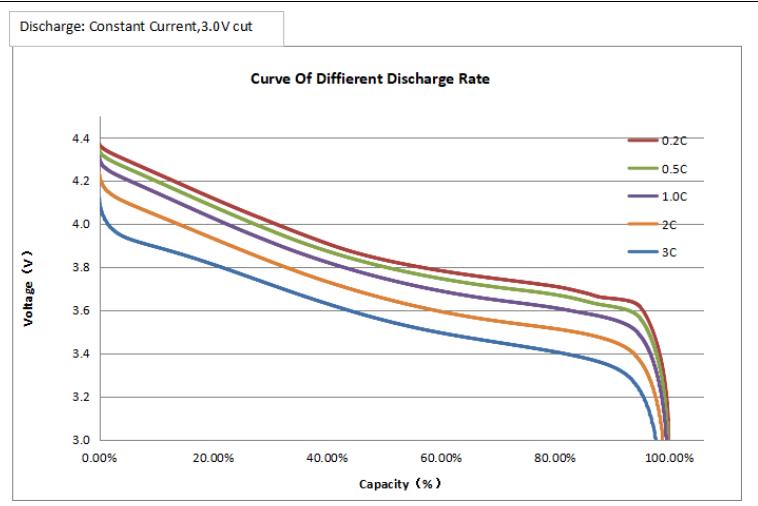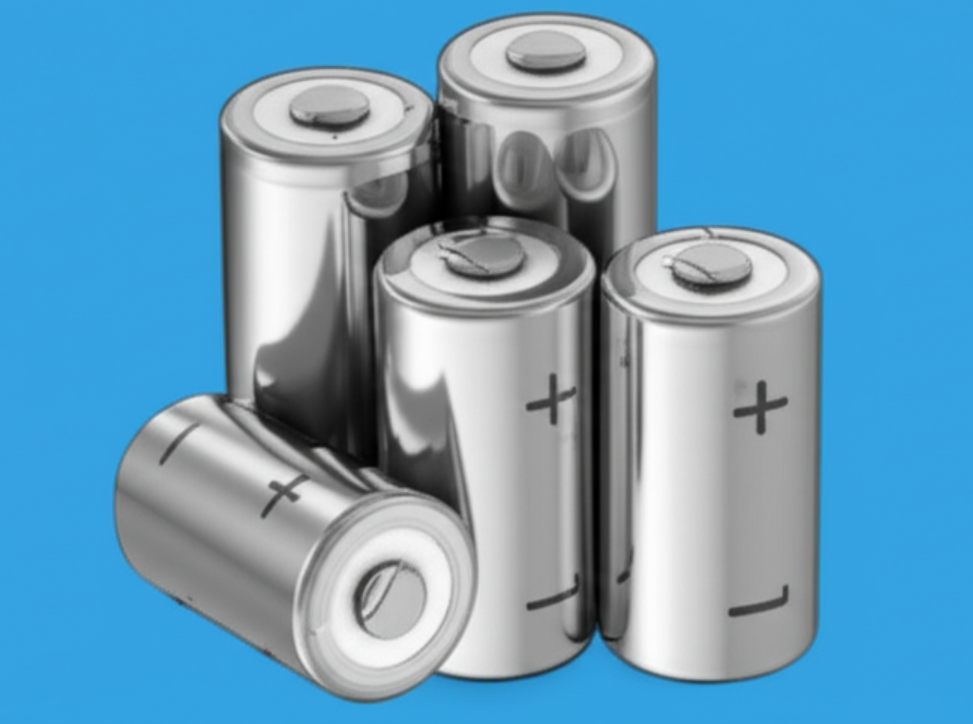In our increasingly power-dependent world, the choice of energy storage is paramount. Among the various options available, 24 volt lithium ion battery have emerged as a leading solution for a wide array of applications. From powering off-grid homes with stored solar energy to providing reliable power for recreational vehicles and marine adventures, lithium ion 24V systems are rapidly gaining popularity. This comprehensive guide aims to provide consumers with a thorough understanding of 24 volt lithium ion battery, exploring their fundamental principles, key advantages, diverse applications, crucial selection criteria, proper maintenance, and essential safety considerations.
Understanding the Basics of 24V Lithium-ion Power
At its core, a 24V battery system is typically composed of individual lithium battery 24V cells connected in series. Each lithium-ion cell operates within a specific voltage range, and by linking them in series, the overall voltage of the battery pack is increased to 24 volts. The magic behind these batteries lies in their chemistry, where lithium ions move between the anode and cathode during charging and discharging. This process, while complex at a microscopic level, translates to efficient energy storage and release for the user.
A critical component of any 24 volt lithium ion battery is the Battery Management System (BMS). The BMS acts as the brain of the battery, diligently monitoring various parameters such as voltage, current, and temperature. Its primary role is to ensure the safe and optimal operation of the battery, preventing issues like overcharging, over-discharging, and thermal runaway – crucial aspects of 24V lithium battery safety. The BMS also plays a vital role in cell balancing, ensuring that each individual cell within the pack operates at a similar voltage, maximizing the battery’s overall lifespan and performance.
Key Advantages of 24V Lithium-ion Technology
The widespread adoption of Li-ion 24 volt batteries is largely attributed to their significant advantages over traditional battery technologies, particularly lead-acid batteries. One of the most notable benefits is their superior energy density. For a given size and weight, a 24V lithium ion battery can store significantly more energy, making them ideal for applications where space and weight are critical factors, such as in RV battery 24V lithium setups or portable power stations.
Furthermore, 24V lithium batteries boast a remarkably longer lifespan. Measured in charge-discharge cycles, a typical lithium-ion battery can endure thousands of cycles compared to the few hundred offered by lead-acid counterparts. This extended cycle life translates to a lower total cost of ownership over the long term. Another key advantage is their ability to charge much faster. Unlike lead-acid batteries that require lengthy charging periods, 24V lithium ion systems can often be fully charged in a fraction of the time, enhancing usability and convenience.
In terms of maintenance, lithium ion 24V batteries are virtually maintenance-free, eliminating the need for regular electrolyte checks and terminal cleaning associated with lead-acid batteries. They also provide a more consistent power output throughout their discharge cycle, maintaining a higher voltage for longer periods compared to lead-acid batteries, which experience a noticeable voltage drop as they discharge.
Diverse Applications of 24V Lithium-ion Systems
The versatility of 24 volt lithium ion batteries has led to their integration across numerous sectors. In solar power systems, they serve as crucial energy storage solutions, allowing homeowners and businesses to utilize the electricity generated by solar panels even when the sun isn’t shining. For recreational vehicles (RVs) and marine applications, deep cycle 24V lithium battery packs provide reliable power for appliances, lighting, and even propulsion in some electric boats.
The realm of electric mobility also heavily relies on 24V batteries, powering e-bikes, scooters, and other light electric vehicles, offering a clean and efficient mode of transportation. Portable power 24V lithium stations have become indispensable for camping enthusiasts, emergency preparedness, and remote work, providing a silent and reliable source of electricity wherever it’s needed. Even in industrial equipment, such as forklifts and floor scrubbers, 24V lithium ion batteries are replacing traditional options due to their longer runtime and reduced maintenance.
Crucial Factors When Choosing Your 24V Lithium-ion Battery
Selecting the right 24V lithium ion battery requires careful consideration of several key factors. Capacity, measured in Amp-hours (Ah), determines how long the battery can deliver a certain amount of current. Understanding your power consumption needs is essential for choosing an adequate capacity. The discharge rate, often expressed as a C-rate, indicates how quickly the battery can safely discharge its energy. Matching the battery’s C-rate to the demands of your application is crucial for optimal performance and longevity.
The features of the Battery Management System (BMS) are paramount. A robust BMS will offer comprehensive protection against overcharge, over-discharge, over-temperature, and short circuits, ensuring the 24V lithium battery safety and maximizing its lifespan. Safety certifications, such as UL and CE, provide assurance that the battery has been tested and meets recognized safety standards.
The brand reputation and warranty offered by the manufacturer are also important considerations. Opting for reputable brands with established track records and comprehensive warranties can provide peace of mind and protection against potential defects. While the upfront budget for a 24V lithium ion battery might be higher than for a lead-acid alternative, the long-term benefits, including longer lifespan and reduced maintenance, often justify the investment. Finally, it’s important to consider the temperature considerations for both operating and storing the battery, as extreme temperatures can impact performance and lifespan.
Proper Charging and Maintenance for Longevity
To ensure the longevity and optimal performance of your 24V lithium ion battery, it’s crucial to use a compatible charger specifically designed for lithium-ion batteries. These chargers typically employ a constant current/constant voltage (CC/CV) charging profile, which carefully regulates the charging process. Adhering to safe charging practices, such as avoiding extreme temperatures during charging, is also essential.
Maintenance requirements for 24V lithium batteries are minimal. Keeping the battery terminals clean and ensuring proper storage in a cool, dry place when not in use are the primary maintenance tasks. Lithium-ion batteries have a low self-discharge rate, meaning they lose charge slowly when not in use, but it’s still advisable to check and top off the charge periodically during extended storage.
Essential Safety Precautions
While 24V lithium ion batteries are generally safe, it’s crucial to adhere to safety precautions to prevent accidents and ensure the longevity of the battery. Always follow the manufacturer’s guidelines and warnings. Avoid puncturing or disassembling the battery pack, as this can lead to dangerous situations. Using incompatible chargers can also pose a significant safety risk. Finally, ensure proper disposal of lithium-ion batteries through designated recycling programs.
Conclusion: Embracing the Power of 24V Lithium-ion
In conclusion, 24 volt lithium ion batteries represent a significant advancement in energy storage technology, offering numerous advantages over traditional alternatives. Their high energy density, long lifespan, fast charging capabilities, and low maintenance make them an ideal power solution for a wide range of consumer applications, from enhancing the off-grid living experience to providing reliable backup power and fueling the growth of electric mobility. By understanding their fundamentals, considering the key selection factors, and adhering to proper usage and safety guidelines, consumers can confidently embrace the power and versatility of 24V lithium-ion technology for a more efficient and sustainable future. Contact us today to explore our range of high-quality 24V lithium-ion battery solutions tailored to your specific needs.
LanDazzle: Tailoring 24V Lithium Power to Your Business Needs
At LanDazzle, we understand that every business has unique power requirements. That’s why we specialize in providing custom 24V lithium battery solutions designed to perfectly match your specific needs. Our approach goes beyond simply selecting from a catalog; we collaborate closely with your team to engineer battery packs that optimize performance, integration, and longevity for your particular application.
Our customization capabilities encompass a wide range of critical parameters. We can tailor the capacity (measured in Amp-hours or Watt-hours) to ensure your equipment has the exact amount of energy it needs for its operational demands. The physical dimensions and shape of the battery pack can be designed to seamlessly integrate into your existing or new products, even in space-constrained environments. We can also optimize the discharge and charge rates (C-rate) to meet the specific power demands of your application, whether it requires rapid bursts of energy or sustained power delivery. If you have questions or needs, feel free to contact us at info@landazzle.com or visit landazzle.com.
FAQ
- How do I charge a 24V lithium-ion battery?
Use a charger specifically designed for lithium ion 24V batteries. These chargers regulate the voltage and current to ensure safe and efficient charging. Avoid using chargers designed for other battery types. - Are 24V lithium-ion batteries safe to use?
Yes, when used correctly and with a functioning BMS. The BMS provides crucial safety features. Always follow manufacturer guidelines and avoid damaging the battery. - What are the main differences between a 24V lithium-ion and a 24V lead-acid battery?
24V lithium batteries offer higher energy density (lighter and smaller for the same power), longer lifespan, faster charging, and require no maintenance compared to 24V lead-acid batteries. - What size (Ah) 24V lithium-ion battery do I need for [common application, e.g., a weekend RV trip]?
The required Ah depends on your power consumption. Calculate the total amp-hours your appliances and devices will draw over the desired period and factor in a safety margin. - Can I connect 24V lithium-ion batteries in series or parallel?
Yes, but it’s crucial to use batteries of the same voltage, capacity, and ideally the same manufacturer and model. Series connections increase voltage, while parallel connections increase capacity. Always consult the manufacturer’s recommendations.

